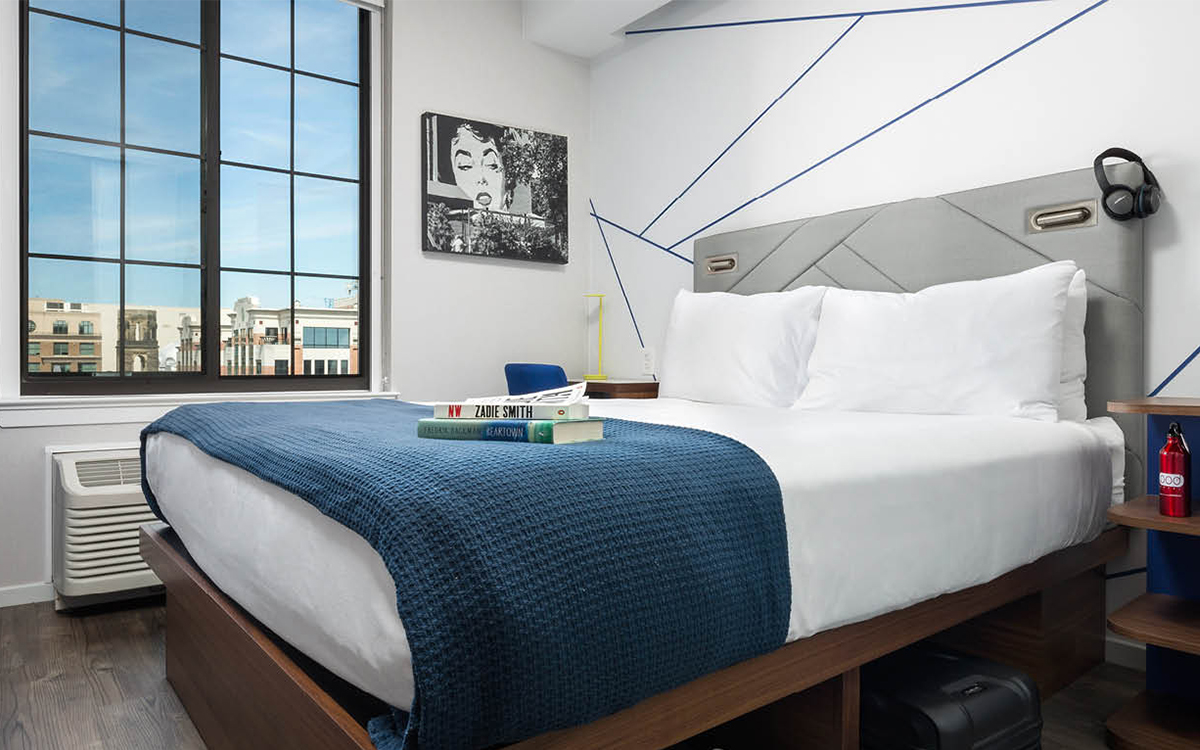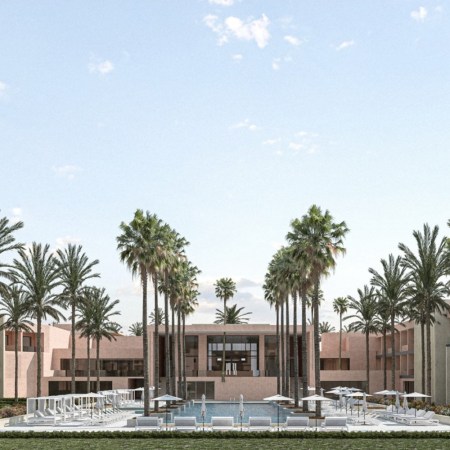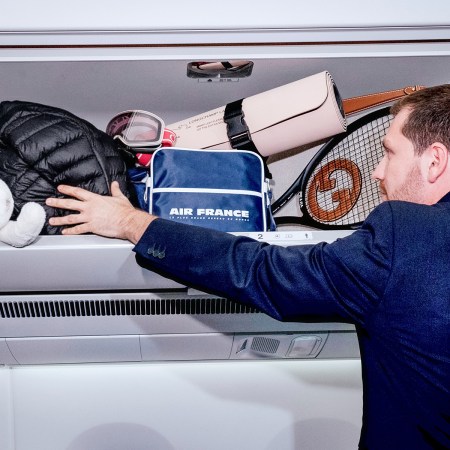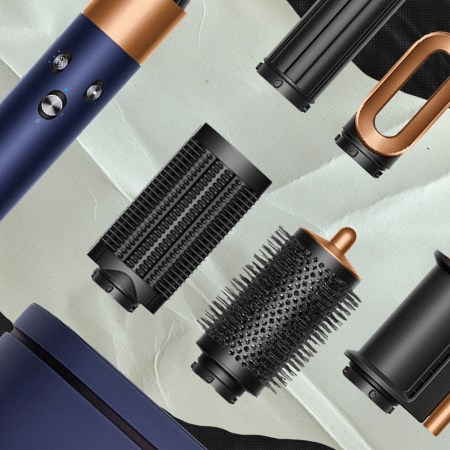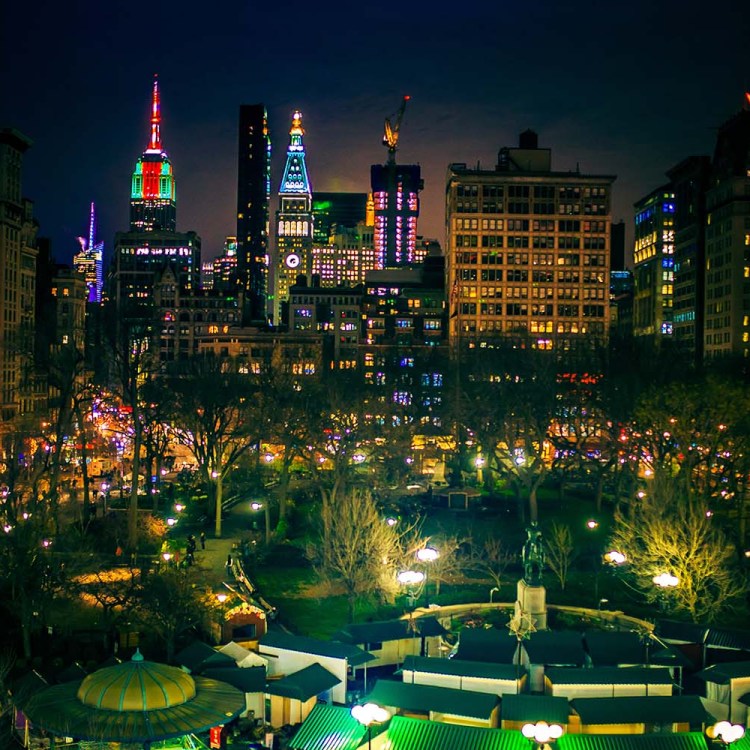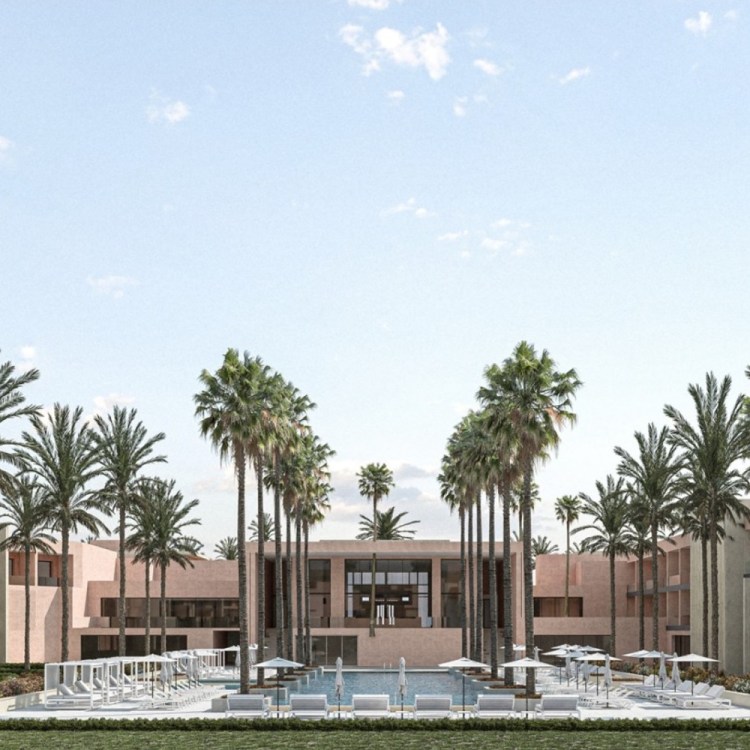It’s been an interesting decade for hotels. The advent of Airbnb and other home-sharing platforms has forced the old-as-time industry to reconsider its weaknesses and augment its strengths, while keeping pace with the fluctuating desires of younger generations seemingly hell-bent on seeing even the remotest corners of the world.
Perhaps the hotel’s most valuable tool in recent years has been doubling down on “community.” While Airbnb won over the world for its offbeat blend of accessibility and privacy (allowing, say, three friends to book an affordable seaside cottage without ever having to communicate in person with the owner), hotels, even at their most breadcrumbs level, have long been gathering places, where interactions are unavoidable and transients — sometimes whole conferences of them — are constantly passing through.
The key, then, has been leveraging all their resources to attract visitors not for monotonous symposiums in a carpeted “ballroom,” but because the hotel itself is a destination, a place worth spending a night or afternoon with other likeminded people. Consider the rooftop bar: it’s everywhere now — almost an expectation for a certain genre of socially inclined traveler. Or the lobby coffee shop that attracts local creatives every morning. Or the speakeasy tucked behind an old bank vault that gets a write-up from Eater.
There have been other methods, of course, to help the once-proud hotel win back its mojo: Elaborate lobbies with vertical gardens and artwork on loan. Live music nights from jazz trios. 24/7 gyms with on-site trainers. Markets that peddle produce farmed less than 20 miles away and artisanal goods from local craftsmen. These additions, buttressed by the formula at the heart of any good hotel — crack concierges, fresh sheets, breakfast buffets — has brought hotels back and then some. There are examples in every city at this point, from MADE New York and LINE DC to the Hotel Lincoln (Chicago) or the Crossroads Hotel (Kansas City).
Related: The 10 Best Alternatives to Airbnb
A corollary to this movement — and one that borrows from a trend that’s been popular in Japan for some time now — is the rise of “microhotels,” or hotels with abnormally tiny bedrooms that allow it to pack in more guests, leaving square footage for large-scale communal areas like the ones mentioned above. For years, Japan has delighted (or repulsed, if you’re a claustrophobe) visitors with its “capsule hotels,” bizarre stays where guests sleep in little tubes and pods while sharing showers and locker rooms. But it’s its not-so-extreme offerings, like K’s House, a sort of capsule/hostel hybrid, that has inspired the development of microhotels in the west.
In the past few years, companies like Moxy, Motto, The Pod Hotel, Yotel, Tommie and hub have brought (or are in the stages of bringing) petite hotel rooms to cities all over the States and Europe. Unsurprisingly, many of these brands are fueled by much larger brands: Marriott owns Moxy, Hilton owns Motto, Premier Inn owns hub. Good for them. It’s a smart, almost necessary move at this point, as the concept and category rapidly gains in popularity. It could also serve as a way to start building loyalty with a younger, more budget-minded demographic who will eventually graduate to their more premium offerings.
These microhotels are all fairly similar: rooms between 125 and 250 square feet, often with the bed flush against a wall or even collapsing into it, Murphy-style, wall-mounted TVs, bathrooms with stand-up showers. But they branch out into a surprising amount of creativity and character beyond that script. Check out this Moxy room, or this Yotel room. These hotel brands are smart enough to know that the sort of people willing to hop on this trend are not families with small kids who’d be best served by traditional, appropriately sized hotel rooms (and won’t have any interest in these properties’ killer bars), but more open-minded business and recreational travelers who will accept — and possibly even embrace — a more experimental setup.
But everyone should keep an open mind when it comes to microhotels, for the sheer affordability if nothing else. A quick scan of microhotel overnights in New York shows prices unilaterally under $150, which is definitely not the norm for the area. And as long as you’ve got clean sheets, a shower and a privacy sign, what is there, really, to complain about? Vacations are for exploring, not staying in.
This article appeared in an InsideHook newsletter. Sign up for free to get more on travel, wellness, style, drinking, and culture.
